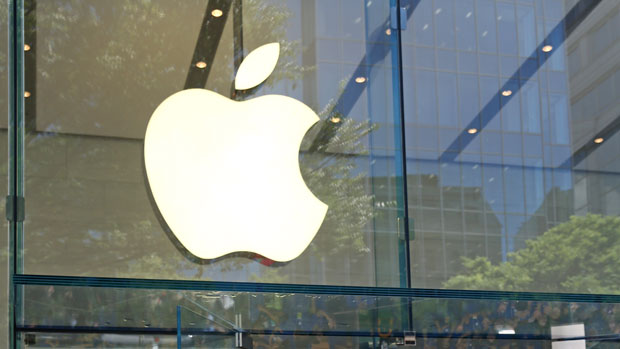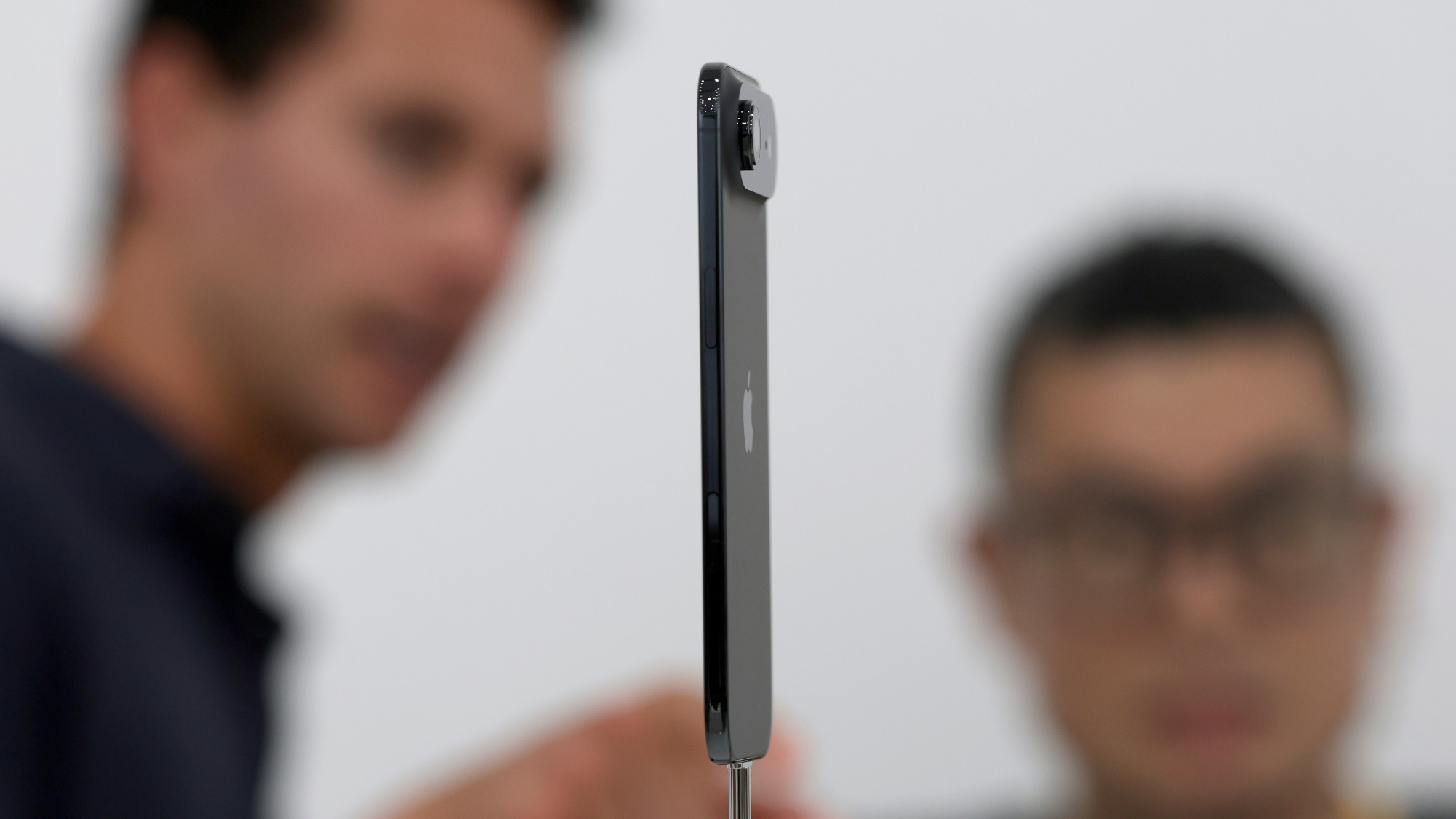Why Apple is cosying up to former rival IBM
Apple and IBM's plan to co-produce apps will trouble rivals Microsoft, Google and Blackberry, say analysts

A free daily email with the biggest news stories of the day – and the best features from TheWeek.com
You are now subscribed
Your newsletter sign-up was successful
Apple and IBM's new partnership to co-produce business-oriented apps for iPhones and iPads is a shrewd move that will likely cause consternation among their rivals, say analysts.
The deal – dubbed IBM MobileFirst for iOS – will see the two firms create more than 100 enterprise apps exclusively for the iPhone and iPad. The target markets for the apps will include retail, healthcare, banking, travel and transportation, telecoms and insurance.
The two companies were fierce rivals throughout the 1980s and 1990s – as illustrated by the famous Ridley Scott-directed Apple advertisement portraying IBM users as soulless drones – so what is behind their new collaboration?
The Week
Escape your echo chamber. Get the facts behind the news, plus analysis from multiple perspectives.

Sign up for The Week's Free Newsletters
From our morning news briefing to a weekly Good News Newsletter, get the best of The Week delivered directly to your inbox.
From our morning news briefing to a weekly Good News Newsletter, get the best of The Week delivered directly to your inbox.
"The deal makes sense on many fronts," says CNET's Larry Dignan. Industry-specific apps will serve to "lock down" Apple's enterprise market share. IBM, meanwhile, gets to trade on Apple's "cool factor" and become a near-exclusive supplier of business apps to one of the world's most dominant mobile manufacturers.
In announcing the deal, Apple CEO Tim Cook said: "We're putting IBM's renowned big data analytics at iOS users' fingertips, which opens up a large market opportunity for Apple. This is a radical step for enterprise and something that only Apple and IBM can deliver."
Dignan says that Cook's market opportunity reference is critical to understanding the significance of the partnership. "Apple has been knocked for lack of an iTV or iWatch (at least for now), but if it mines the enterprise better it'll keep the cash cow going for years," he says.
Using basketball parlance, Techworld says Apple and IBM are "putting a full-court press" on the mobile business market, which could have lasting ramifications for rivals Google, Microsoft and BlackBerry.
A free daily email with the biggest news stories of the day – and the best features from TheWeek.com
The deal is significant because it will make Apple devices more popular with large corporations' IT staff.
"If IBM can come in and say, 'We'll make sure this Apple stuff works well with the other stuff you've got already', it will make the IT guy feel a lot better," analyst Roger Kay of Endpoint Technologies told TechWorld.
Kay says that until recently Apple had paid little attention to how businesses cope with the influx of iOS devices into the workplace. This deal will allow Apple to focus on making iPhones and iPads work the way IT managers actually want.
The deal could sound even the death knell for former business favourite Blackberry, says BBC business editor Kamal Ahmed. "Business users - managers still wedded to their 'Crackberries' despite all the problems the Canadian company has faced - and security obsessed governments could have their heads turned by bespoke apps and business services on iPads and iPhones backed by IBM's famed big data and analytics expertise."
The market also seems to approve of the partnership. Following the announcement, Apple's shares rose by about 1.5 per cent in after-hours trade, and IBM's stock was up 1.8 per cent.
-
 Local elections 2026: where are they and who is expected to win?
Local elections 2026: where are they and who is expected to win?The Explainer Labour is braced for heavy losses and U-turn on postponing some council elections hasn’t helped the party’s prospects
-
 6 of the world’s most accessible destinations
6 of the world’s most accessible destinationsThe Week Recommends Experience all of Berlin, Singapore and Sydney
-
 How the FCC’s ‘equal time’ rule works
How the FCC’s ‘equal time’ rule worksIn the Spotlight The law is at the heart of the Colbert-CBS conflict
-
 Will AI kill the smartphone?
Will AI kill the smartphone?In The Spotlight OpenAI and Meta want to unseat the ‘Lennon and McCartney’ of the gadget era
-
 Why 2025 was a pivotal year for AI
Why 2025 was a pivotal year for AITalking Point The ‘hype’ and ‘hopes’ around artificial intelligence are ‘like nothing the world has seen before’
-
 Has Google burst the Nvidia bubble?
Has Google burst the Nvidia bubble?Today’s Big Question The world’s most valuable company faces a challenge from Google, as companies eye up ‘more specialised’ and ‘less power-hungry’ alternatives
-
 Is Apple’s Tim Cook about to retire?
Is Apple’s Tim Cook about to retire?Today's Big Question A departure could come early next year
-
 Microsoft pursues digital intelligence ‘aligned to human values’ in shift from OpenAI
Microsoft pursues digital intelligence ‘aligned to human values’ in shift from OpenAIUNDER THE RADAR The iconic tech giant is jumping into the AI game with a bold new initiative designed to place people first in the search for digital intelligence
-
 How the online world relies on AWS cloud servers
How the online world relies on AWS cloud serversThe Explainer Chaos caused by Monday’s online outage shows that ‘when AWS sneezes, half the internet catches the flu’
-
 iPhone Air: Thinness comes at a high price
iPhone Air: Thinness comes at a high priceFeature Apple’s new iPhone is its thinnest yet but is it worth the higher price and weaker battery life?
-
 Is the UK government getting too close to Big Tech?
Is the UK government getting too close to Big Tech?Today’s Big Question US-UK tech pact, supported by Nvidia and OpenAI, is part of Silicon Valley drive to ‘lock in’ American AI with US allies